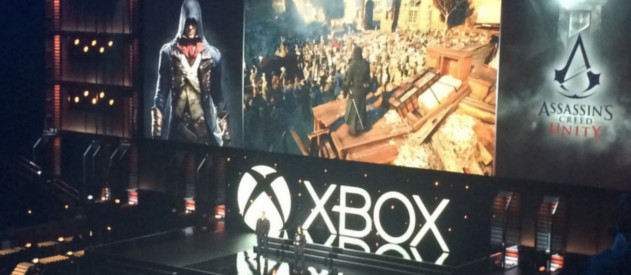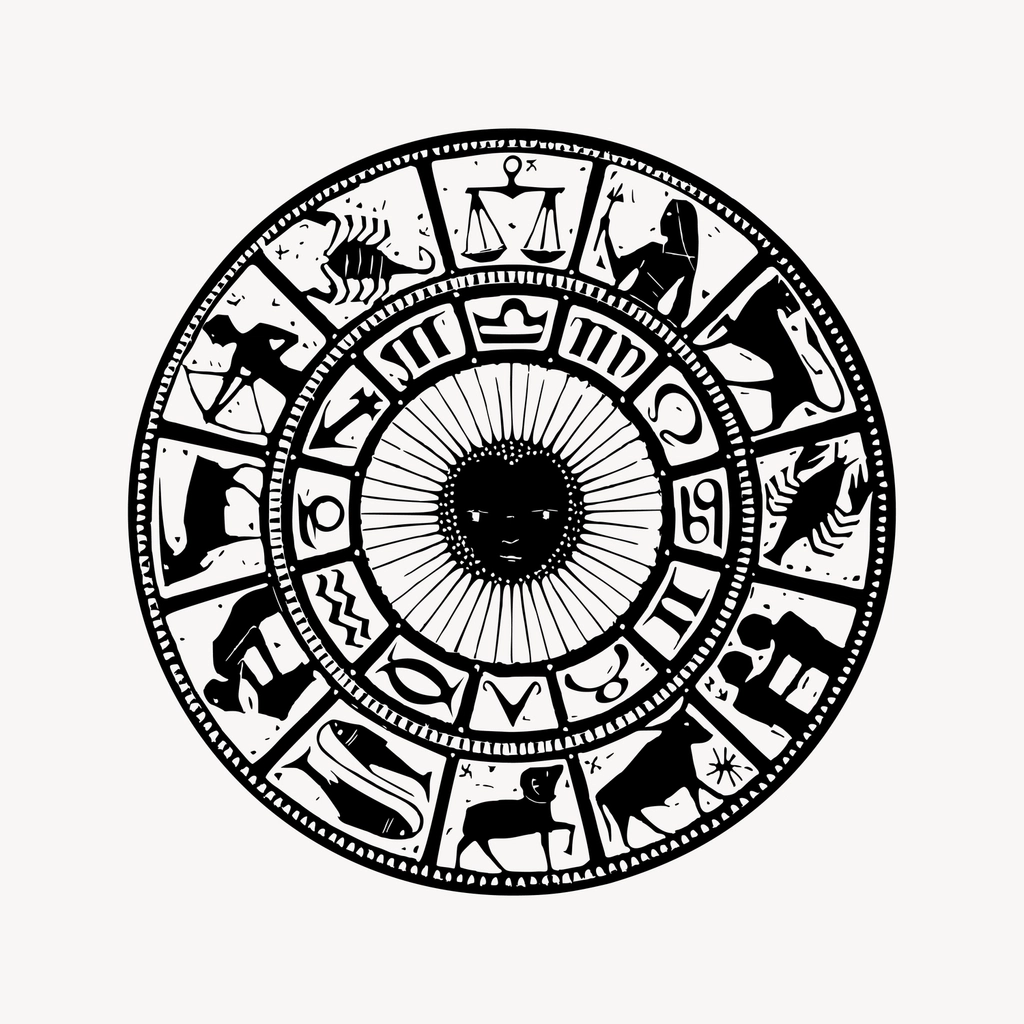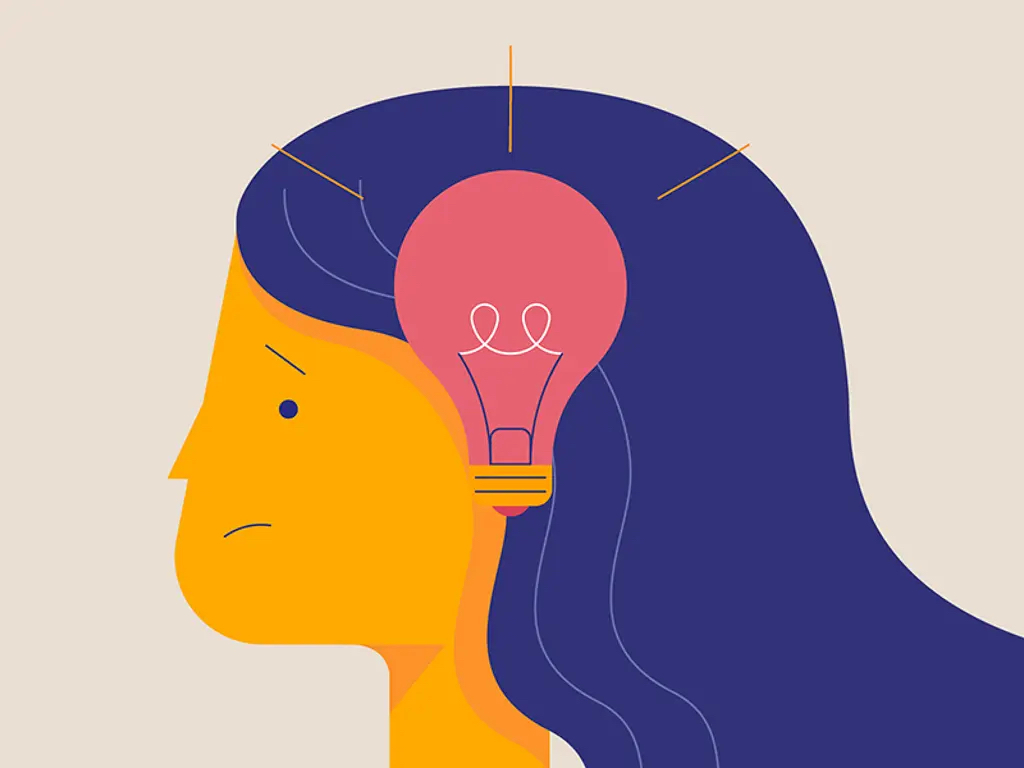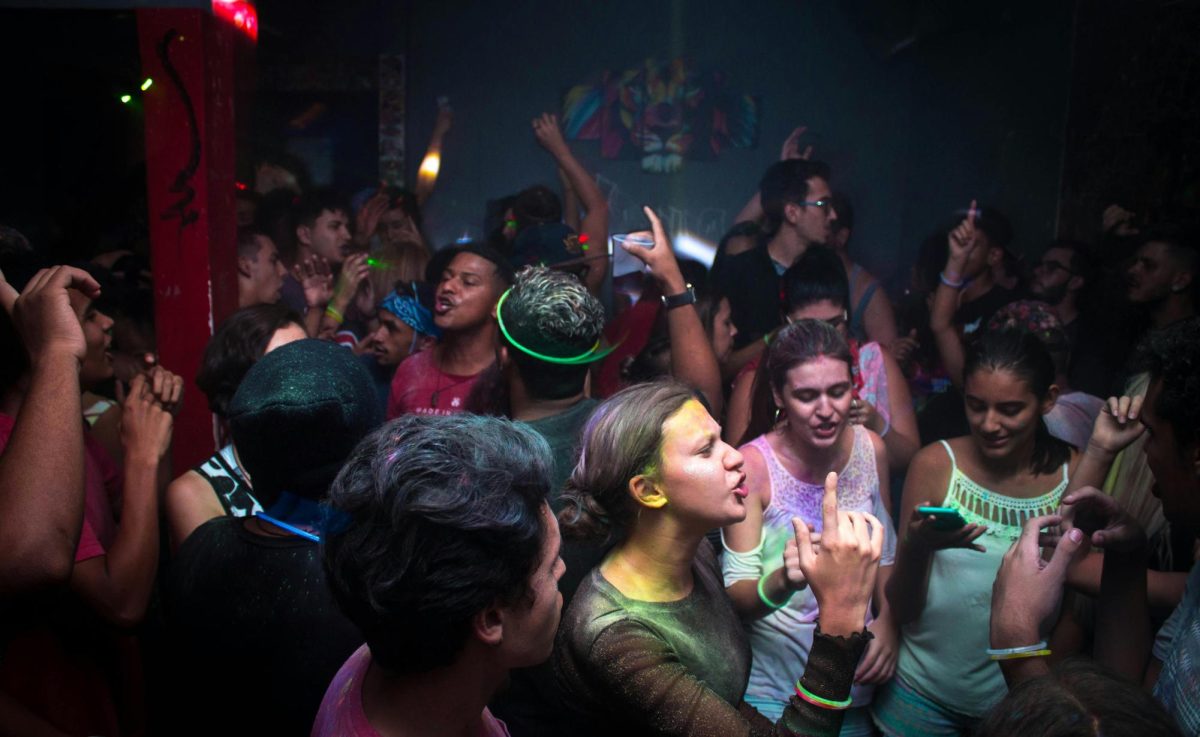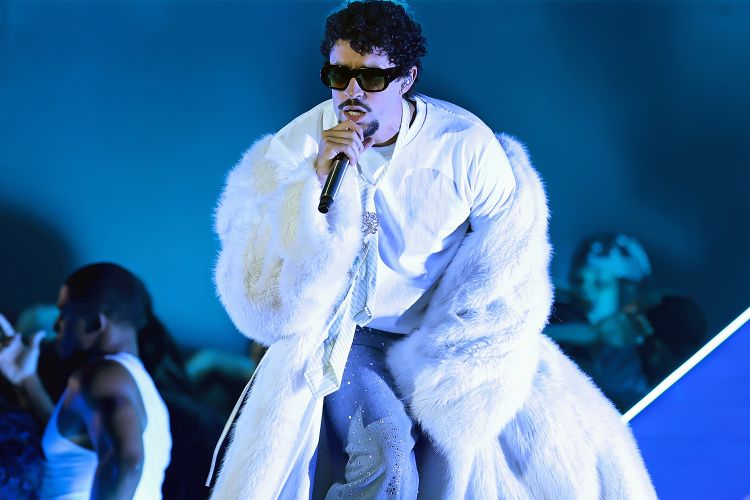The Electronic Entertainment Expo, better known as E3, is the video games industry’s most exciting week of the year. Tens of thousands of press attend the annual show held in Los Angeles, CA, and millions tune in either on television or livestreams to see what the next twelve months of video games has in store.
Amongst the myriad announcements of new games, hardware and downloadable content, one stood out as divisive and controversial: Assassins Creed Unity, the latest in the highly successful franchise, blew audiences away with cutting edge graphical fidelity, fast-paced gameplay and sleek design during its trailer. However, at its conclusion many were left puzzled as to why a game that prides itself on co-operative online play, and character customization, didn’t include female playable characters. It reignited a years-old debate, and struggle for gender equality and representation within games.
But in the case of Assassin’s Creed, people were completely outraged (and rightly so). Ubisoft Montreal, the studio that develops each new game in the franchise, gives a disclaimer every time you load up one of their games stating: “…this work of fiction was designed, developed and produced by a multicultural team of various religious faiths and beliefs.” The same studio that claims to make conscious efforts to diversify their team in order to include people of different racial and religious backgrounds has put too little thought into the most basic distinction of gender in their game.
This isn’t a new problem, or one that should be taken lightly. In an industry whose audience is reportedly not heavily in favor of one sex over the other (60% male /40% female according to a study by EducationalGames), all of the heroes are men (straight and white—two other jarring issues), while the women are reduced to damsels in distress, rewards for the heroes, sex objects and plot devices. The roles are rarely reversed, and often done in jest. It results in a systematic devaluation of women across an entire medium. And games make up the highest grossing (and most rapidly growing) industry in America right now, outdoing itself yearly for the highest grossing entertainment launch of all time. For being such a massive, prolific force in pop culture—and the economy—the stereotypes and regressive philosophies disseminated by these games is damaging to our minds, especially impressionable ones. It’s easy to begin to think that life is about saving the world and getting the girl if that trope is constantly redone in a medium.
The decision by Ubisoft Montreal to not include female playable characters in their game is a major step back for video games daring to be progressive, and for video games setting an example. Many of the blockbuster games coming out today are marketed specifically for the college-aged demographic, so the ignorance and carelessness of these studios affects people of our age specifically. I’ve grown up playing video games and I love them, but this isn’t what they should devolve into. The outcry over the E3 situation has been denser and more demanding than I have ever seen on this issue, so maybe the strong voice for gender equality in the highest-grossing media industry in America will start to take notice.

